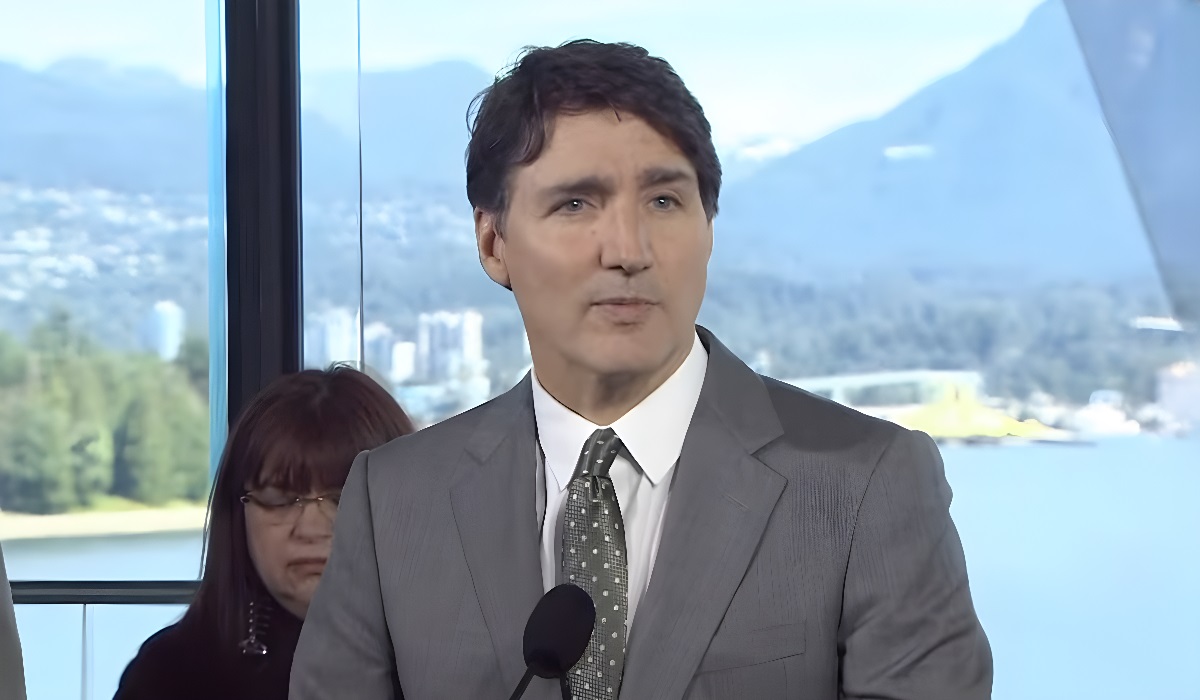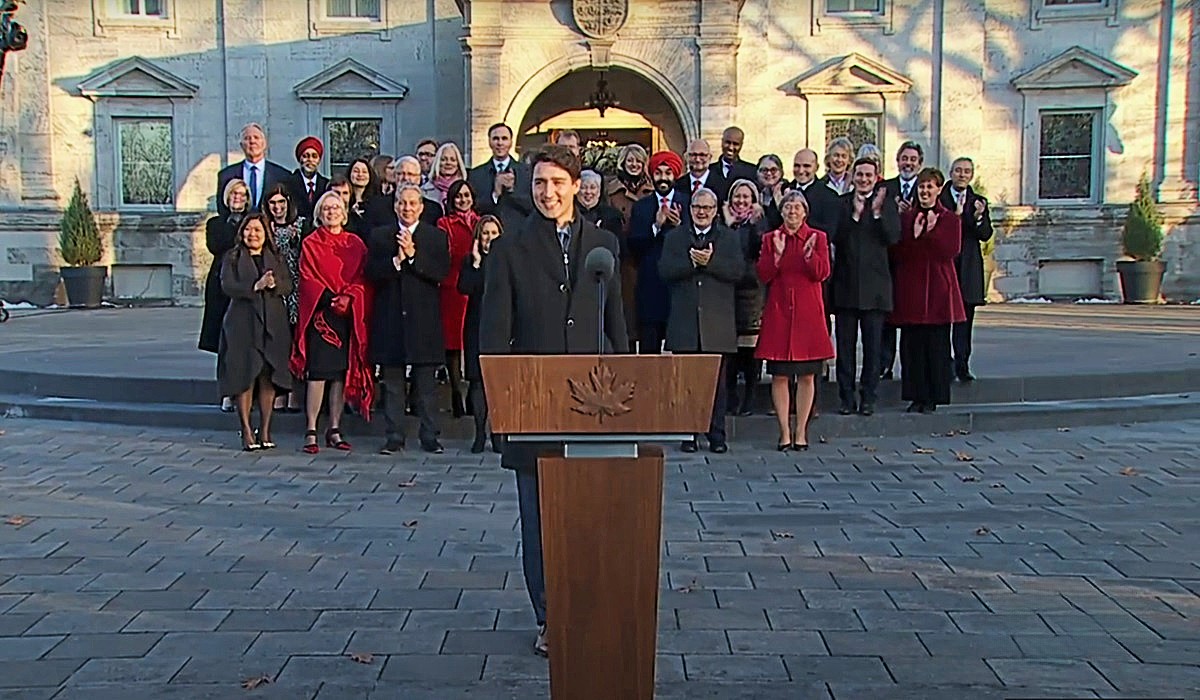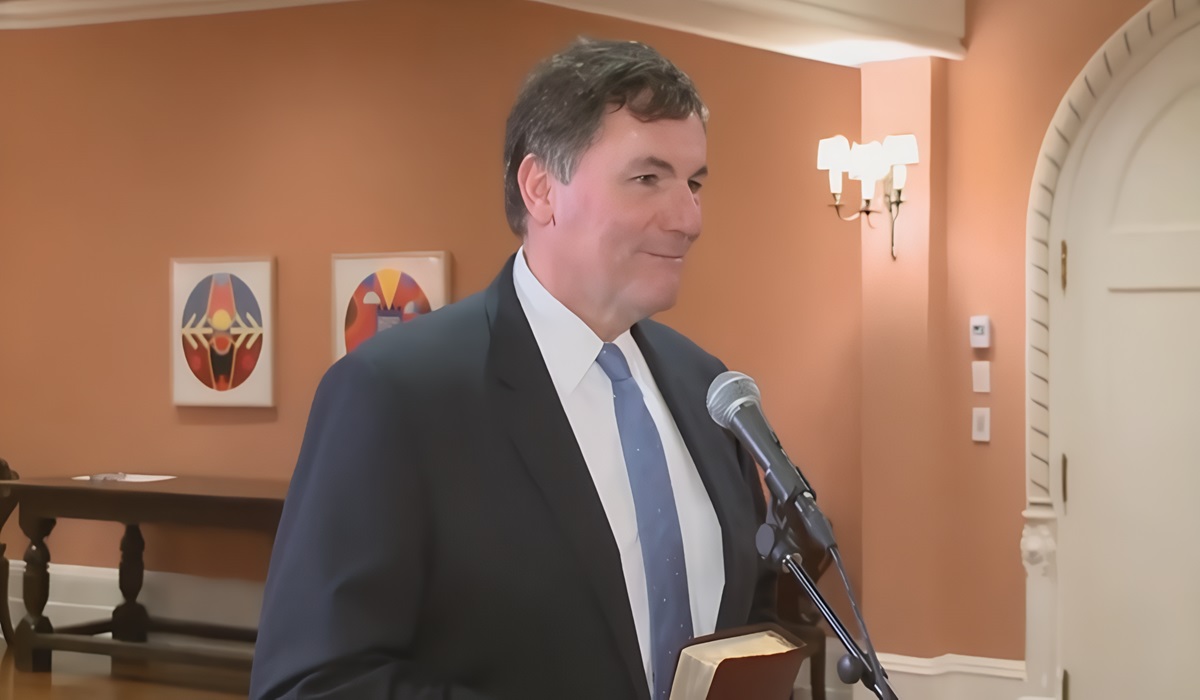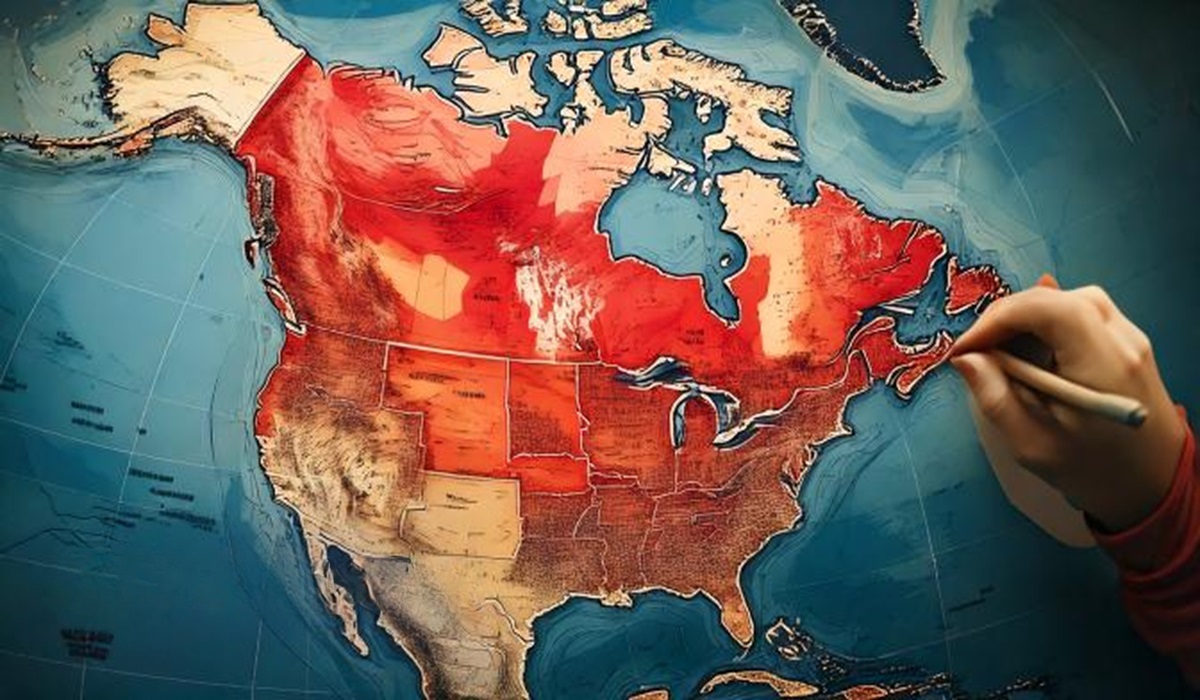Rise Of Singh’s NDP and Loss Of Toronto St. Paul’s Riding, Wake-up Call for Trudeau Liberals
- Ingrid Jones
- Canada
- June 26, 2024

The recent by-election in Toronto’s St. Paul’s riding has resulted in a significant and surprising victory for the Conservative candidate. This riding has traditionally been a stronghold for the Liberal Party, often considered a safe seat. The loss here marks a critical moment for the Liberal Party and could signal deeper issues within the party’s structure and strategy.
St. Paul’s riding has been a Liberal bastion for many election cycles. The defeat in such a historically secure riding suggests a potential shift in voter sentiment, which could have broader implications for future elections. Alongside the Conservative victory, there has been a notable rise in support for the New Democratic Party (NDP). This indicates that the Liberal Party is losing ground not only to the Conservatives but also to other progressive parties, fragmenting the left-leaning vote.
Several factors have contributed to this decline. The Liberal government’s foreign affairs policies have faced significant criticism. Many Canadians feel that the government has been too closely aligned with U.S. policies, leading to a sense of betrayal among voters who expect a more independent Canadian stance. Prime Minister Trudeau’s leadership has come under scrutiny, with poor communication and a perceived lack of decisive action on key issues eroding public trust. This has been exacerbated by ineffective communication strategies from the Prime Minister’s Office (PMO).
Additionally, there is a growing perception that Canada is merely rubber-stamping U.S. foreign policies, which has not sat well with many voters who prefer a more autonomous national policy. Internal party dynamics also play a role, as there is rumbling within the Liberal Party about the need for new leadership and direction. While Trudeau has shown no intention of stepping down, internal dissent could lead to more significant fractures within the party.
The Conservative Party, under the leadership of Pierre Poilievre, is likely to capitalize on this victory. The Conservative base tends to vote consistently, providing a solid foundation for their electoral strategy. However, by all means, this is no ringing endorsement of the Conservative Party leader, as he has shown a propensity to be divisive and use wedge politics to divide rather than unite. The Liberal Party’s support among Arab, Muslim, and South Asian communities, as well as youth voters, particularly in urban centers like Toronto, Montreal, and British Columbia, is waning. These groups are critical for any party’s success in Canadian politics. The Liberals face an uphill battle in the coming elections. Without significant changes in policy direction and leadership, they risk further losses.
This by-election loss in Toronto St. Paul’s is a wake-up call for the Liberal Party. The rise of the NDP and the steady Conservative base pose significant challenges. Addressing internal leadership issues, improving communication, and adopting more independent foreign policies could be crucial steps for the Liberals to regain voter confidence and secure future electoral success. If the Liberal Party fails to address these issues, the future electoral landscape could see a shift in power dynamics, with the Conservatives poised to benefit from the Liberals’ decline.








